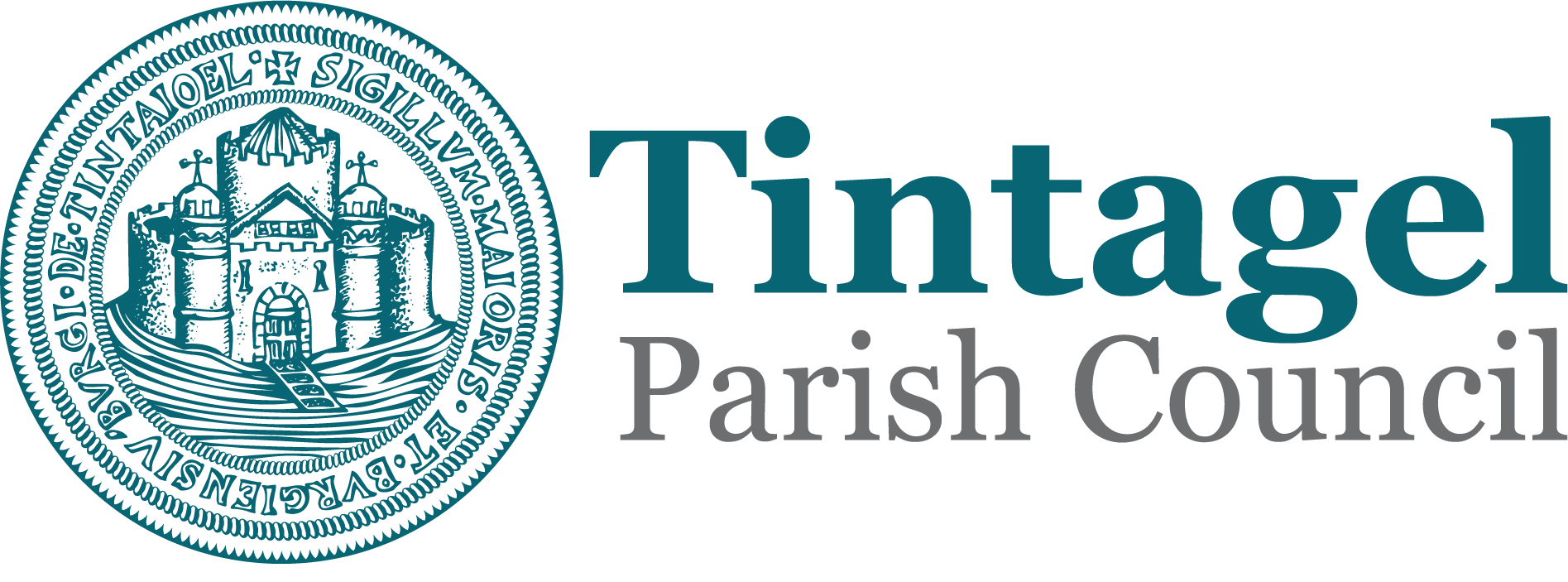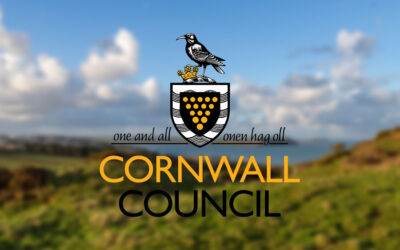Notice of Vacancy - Tintagel PC
Blog
Annual Parish Meeting
TINTAGEL PARISH COUNCIL - notice of the annual parish meeting to be held on Wednesday, 3rd May 2023 in Tintagel Visitor Centre, starting at 6.00pm. This is not a Parish Council meeting - it is your meeting - a chance to come along, speak to the council, put forward...
Visitor Centre Survey Results
Tintagel Parish Council December TVCH report
Tintagel Visitor Centre – Have Your Say!
We are seeking your views on the Tintagel Visitor Centre (TVC). As a Parish Council we are committed to being open and honest and where we can seek views on the big decisions we need to make. The Tintagel Visitor Centre (TVC) has been primarily used to provide...
Councillor vacancy
There is currently one vacant seat on Council. Please contact the Clerk for more information if you are interested in applying.
Visitor Centre
Tintagel Visitor Centre needs you! The visitor centre is run by volunteers and they need more people to help. Volunteers are friendly, flexible, knowledgable, and like talking to visitors coming to Tintagel. If you would like to become a volunteer just pop in and talk...
Code of Conduct
ASSESSMENT DECISION NOTICE NO BREACH OF THE CODE Reference: CCN_Number Complainant: Mrs C May Subject Member: Councillor M Dyer – Tintagel Parish Council Person conducting the Assessment: Simon Mansell, Group Manager - Assurance Date of Assessment: 25 April 2022...
PA22/01136PREAPP
PA22/05530
PA22/05530 | Erection of an agricultural storage building, partially commenced without consent | Trewarmett Farm Trewarmett Hill Trewarmett Tintagel Cornwall PL34 0ES
Annual Parish Meeting
Tintagel Parish Council Notice of the annual parish meeting to be held on Wednesday, 4th May 2022 in Tintagel Visitor Centre, starting at 6.30pm. This is not a parish council meeting. It is your meeting. A chance to come along, speak to the council, put forward your...
Public Meeting Is To Be Held
You are invited to a public meeting items for discussion will be: Your parish council now, and plans for the future. The visitor centre, how should it develop for the future A neighbourhood development plan (NDP) for the parish. We need your views, comments,...
Council News Update
At long last a chance to update you on the business of Tintagel Parish Council. Happy New Year. Let us hope it will be better for all of us than 2021 was. Most of the Councillors have settled in well to their new roll. Unfortunately a couple have found it necessary to...




